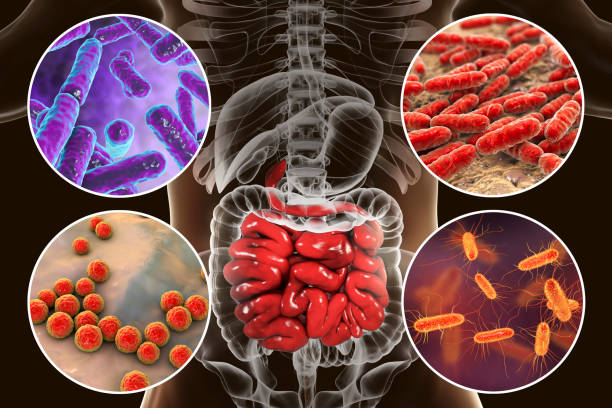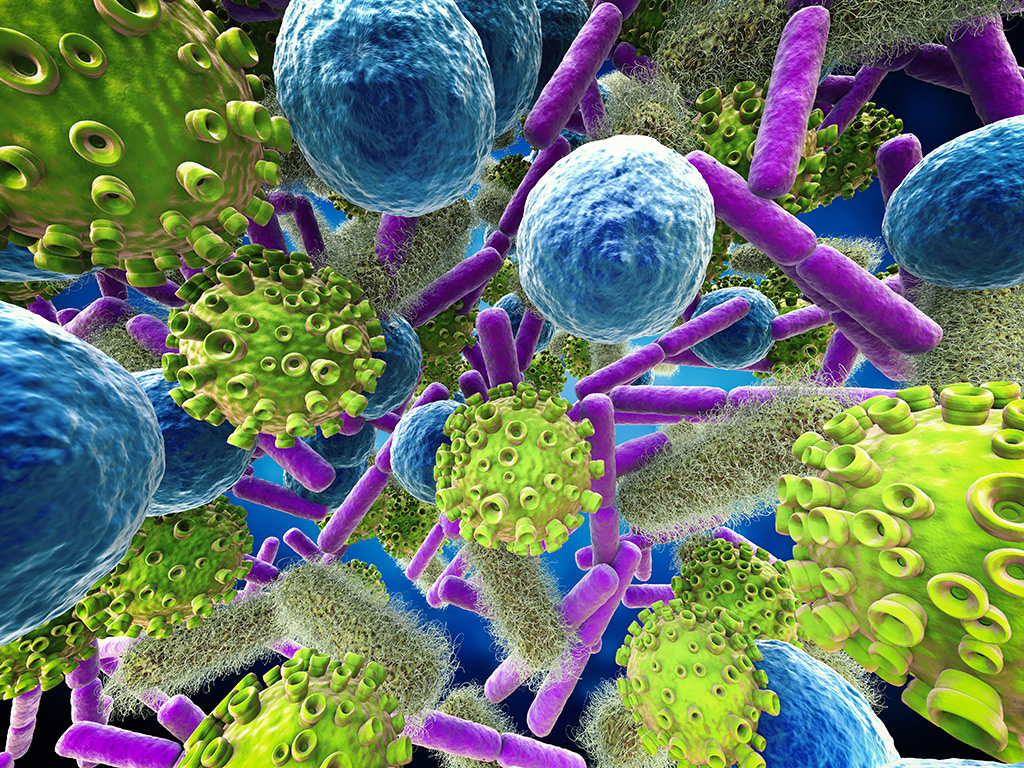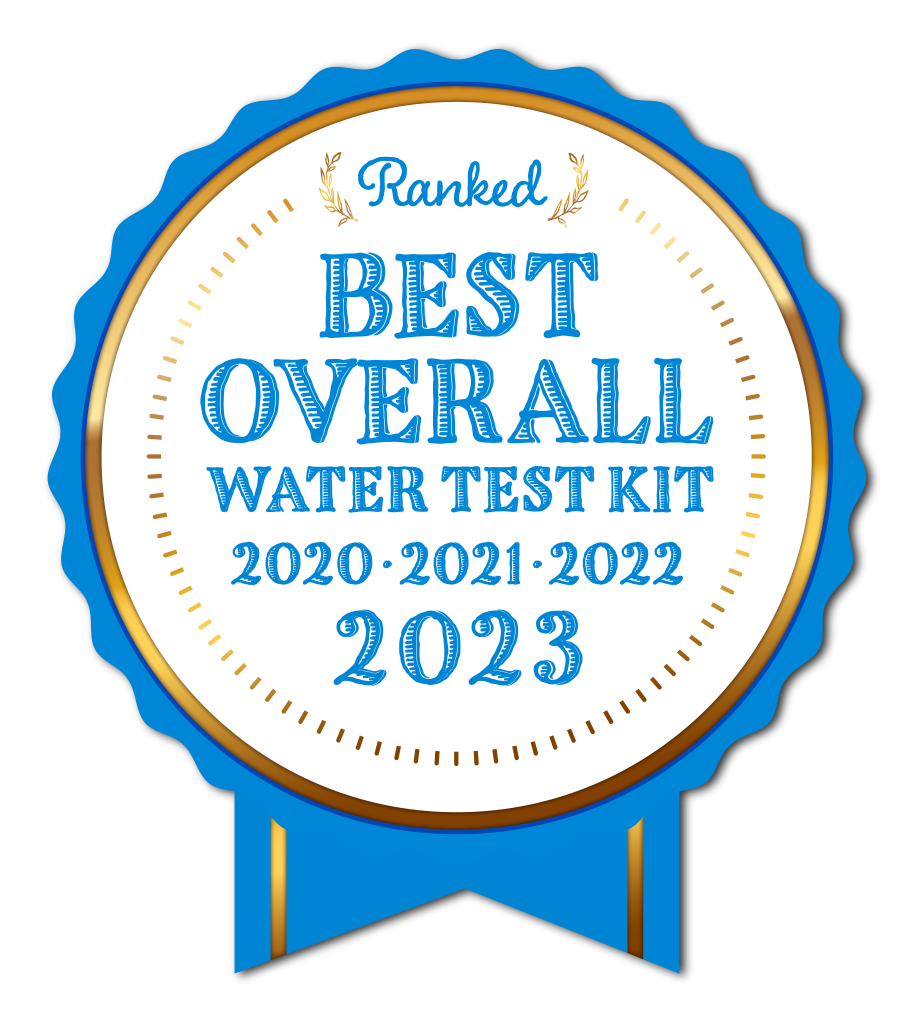Bacteria
Drinking Water Testing - Parameter Types
Menu
Important Terms
- MCL’s (MAXIMUM CONTAMINANT LEVELS):
MCL’s are levels that set by the USEPA and are enforceable to Public Water Utilities, requiring additional treatment, when the levels are exceeded. These same guidelines should be at least considered, by owners of private wells. Some states have more strict guidelines than the USEPA. Not all parameters have MCL’s. If the parameter has an MCL, it’s listed. - MCLG’s (MAXIMUM CONTAMINANT LEVEL GOALS):
MCLG’s are goals set by the USEPA that we should all strive for when consuming drinking water from any water supply. Concentrations of certain parameters (even below the MCL’s), are still not healthy for humans and animals to drink. These same guidelines should at least be be considered, by owners of private wells. Some states have more strict guidelines than the USEPA. Not all parameters have MCLG’s. If the parameter has an MCLG, it’s listed. - ACTION LEVELS:
Action Levels are a specified concentration of a respective parameter in drinking water, that is above a “treatment level” set by the USEPA. When these levels are exceeded, further treatment and monitoring is required by the respective utility who’s water violated this limit.Action Levels apply to parameter-rules such as but not limited to the Copper/Lead Rule. - PARTS PER MILLION (PPM):
PPM is a scientific measurement which represents milligrams of the parameter being tested per liter of the respective liquid. Example: If Copper in your water supply is at a concentration of 1.00 mg/L, this is the same as saying the concentration is 1.00 ppm.




